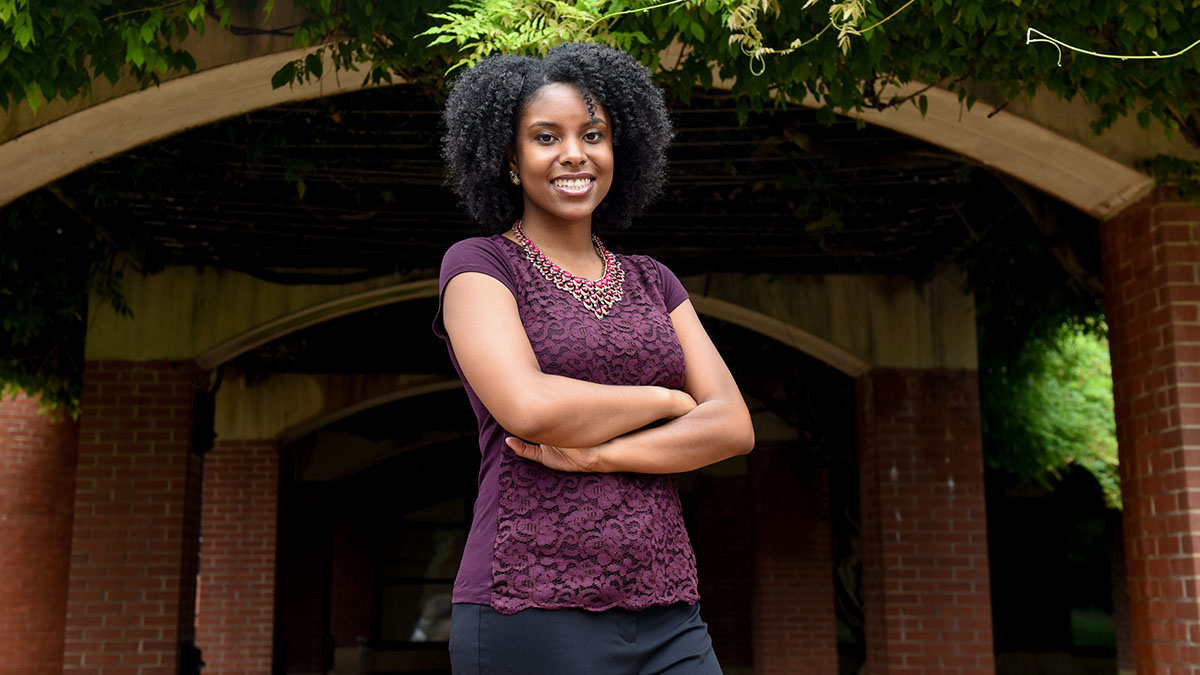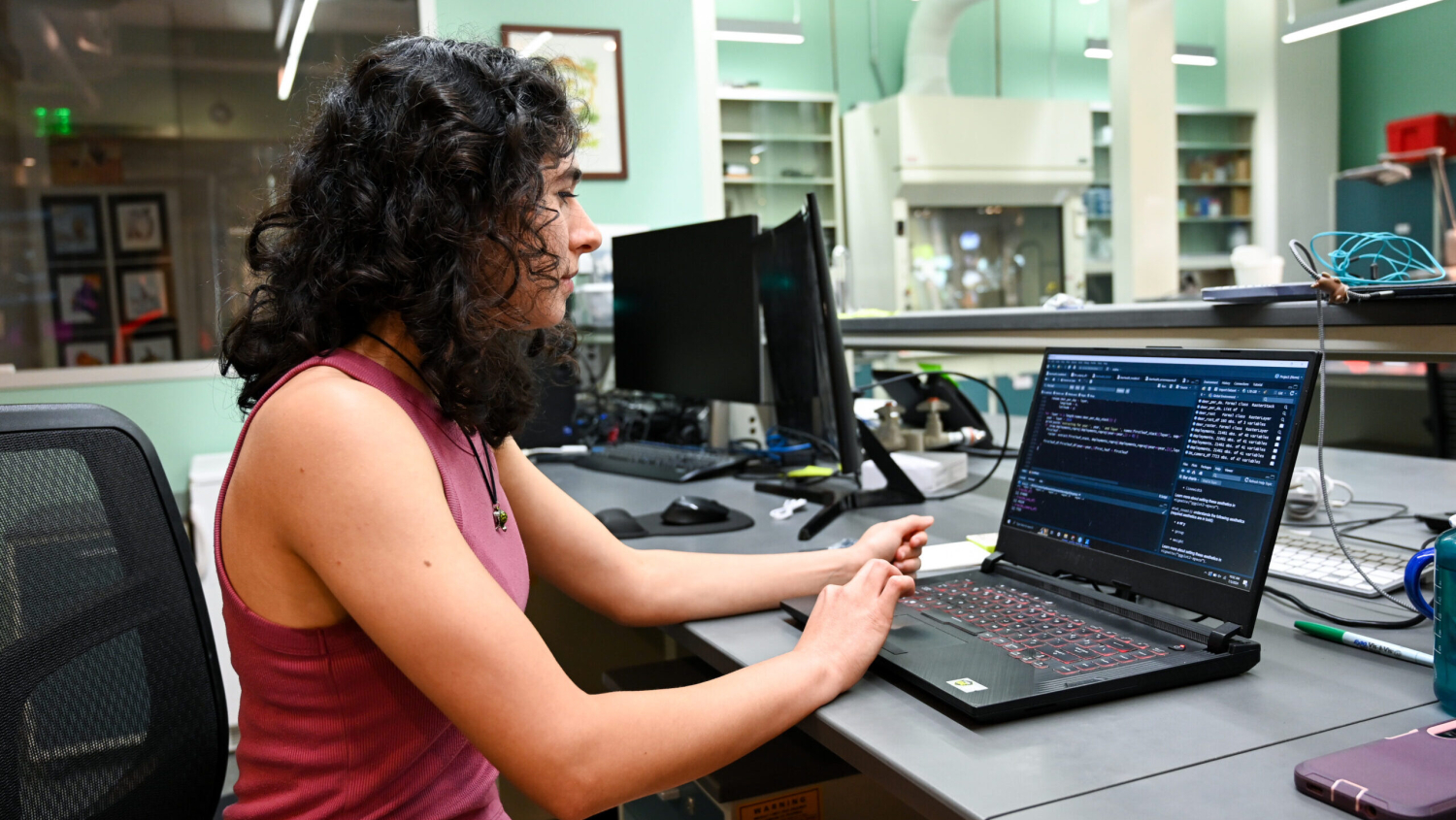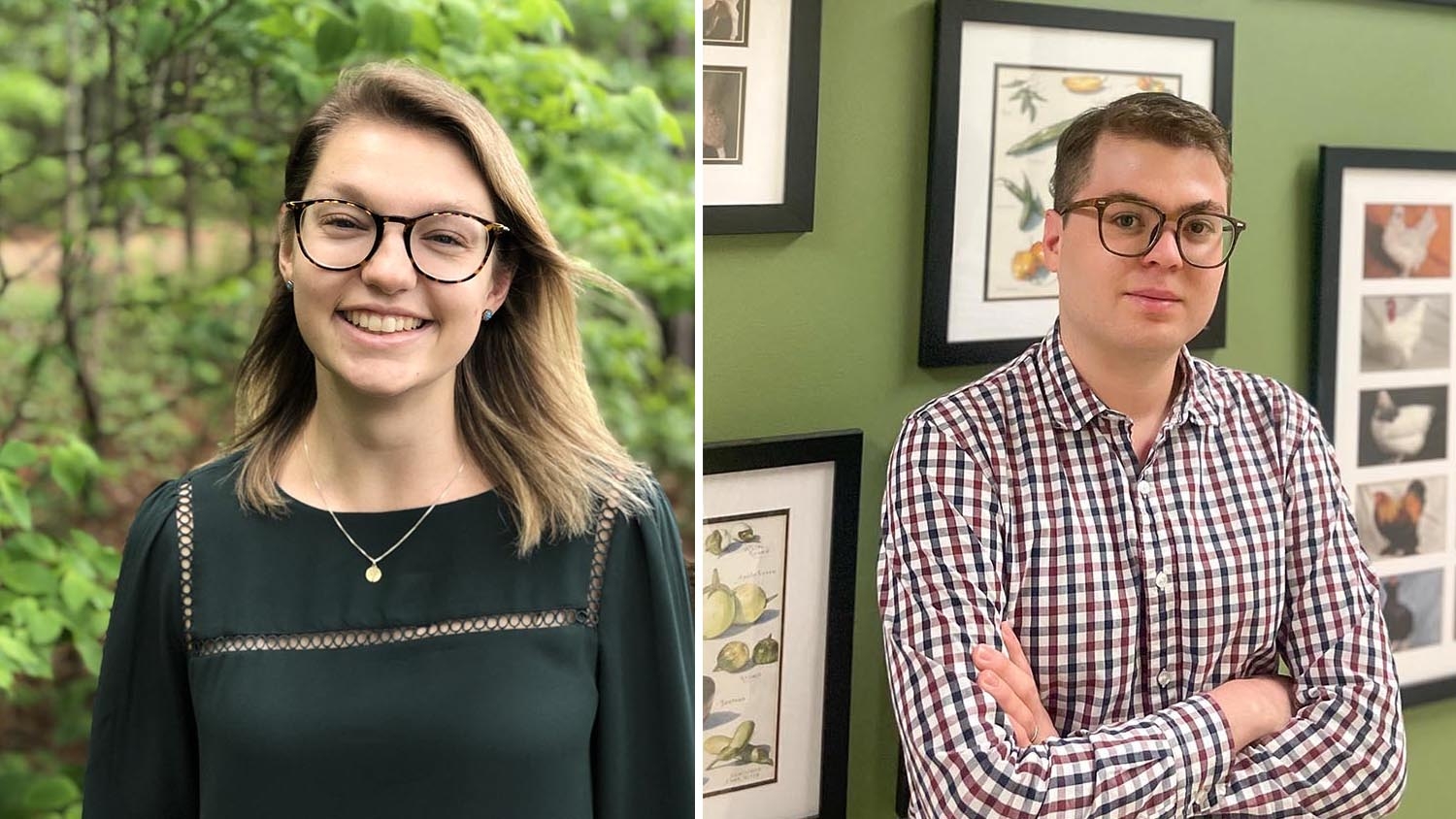We Need More Industry Immersion Programs

Doctoral or postdoctoral researchers are no longer surprised to hear that the number of available tenured faculty positions is scarce. Coupled with the fact that many doctoral and postdoctoral researchers are simply not interested in such careers, an unmet need remains—cultivating opportunities to train these researchers to enter an alternative career track: industry. For most doctoral or postdoctoral researchers, no professional training programs exist in the academy on how to transition from academia to industry, let alone programs that allow trainees to assess their strengths, skills, and career vision to determine if they can make such a transition. But there can and should be.
Universities like NC State are pioneering the way to establish such programs. In fact, the NC State Graduate School hosted its inaugural Industry Immersion Program (IIP), July 30 – August 4. I was one of 50 selected participants in the program, which included various seminars led by industry representatives on a variety of topics including “Non-
Technical Skills for the Technically Trained” (Jessica Cerasani, PHR, BASF), “Managing Interview Preparation as a Project” (Kristen Eads, P.E., M.M.B., GlaxoSmithKline), and “Industry Market Assessment” (Jessica Settimi, MBA, Patheon). Numerous panels composed of industry representatives were also offered during the week; these panels offered several different lenses to view industry careers, including panels on careers off the bench, entrepreneurship and startups, and R&D careers.
I learned to erase my fears of being incapable of performing up to job standards.
Also, participants were challenged to prepare and deliver a one-minute personal elevator pitch along with a three-minute research elevator pitch for which they received instant feedback by academic officials, industry professionals, and peers in the program. In addition, resumes and LinkedIn profiles were reviewed, and professional photos that participants could use for LinkedIn were taken. Participants also collaborated in groups of four to five to pitch a new technology or product idea, applying knowledge learned throughout the week to do so including how to identify target markets and how to navigate the intellectual property landscape. In total, more than 25 different companies were represented, including BASF, LORD, Eastman, Google, PPD, GlaxoSmithKline, and Fujifilm Diosynth.
Here are five specific ways the Industry Immersion Program was a benefit to me:
- It reinforced the idea that I have many options if pursuing an industry career, some options I never knew before. Other industry career options exist for scientists beyond the benchtop, including but not limited to opportunities in entrepreneurship, consulting, project management, regulatory affairs, marketing, and technology transfer. For example, one could work in technology transfer to help commercialize new products.
- I learned to erase my fears of being incapable of performing up to job standards. During a networking lunch that BASF sponsored, I met Michael Pcolinski, PhD, vice president of Advanced Materials & Systems Research. He asked me what my greatest fear was, and I responded, “Not being able to perform well on the job after being hired, and subsequently being fired.” He assured me though that since companies invest thousands of dollars into hiring individuals, they truly desire their success. In other words, they are willing to help new employees. To receive such help, it must be requested.
- I recognized teaching a course can add value to your resume if seeking a career in industry. As David Fiala, PhD (Google Privacy & Security) claimed, the ability to teach effectively now as a graduate student (or postdoctoral researcher) requires the capacity to communicate to a variety of audiences with different learning styles. This is exactly what industry desires! Fiala also charged program attendees to discover other ways to utilize available resources to show preparedness for industry careers.
- I learned that effective leaders are those who can make confident decisions in the face of uncertainty. These words are essentially a snapshot of what Barbara Mulkey, P.E., director of the NC State General H. Hugh Shelton Leadership Center, expressed at a luncheon. She also urged program participants desiring to be leaders to be unwavering in decisions made and to take ownership if a decision proved to be poor.
- I made more than just industry connections! The program allowed me to also make connections with a group of 49 other graduate and post-graduate researchers passionate to seek careers in industry. I must say, I worked with a phenomenal team to pitch a new product idea, and I am confident that we will continue to keep in touch long after the program.
Note: Applications for the 2018 summer A2i Immersion Program will be accepted through June 1.
Download this article as a PDF.
- Categories:


